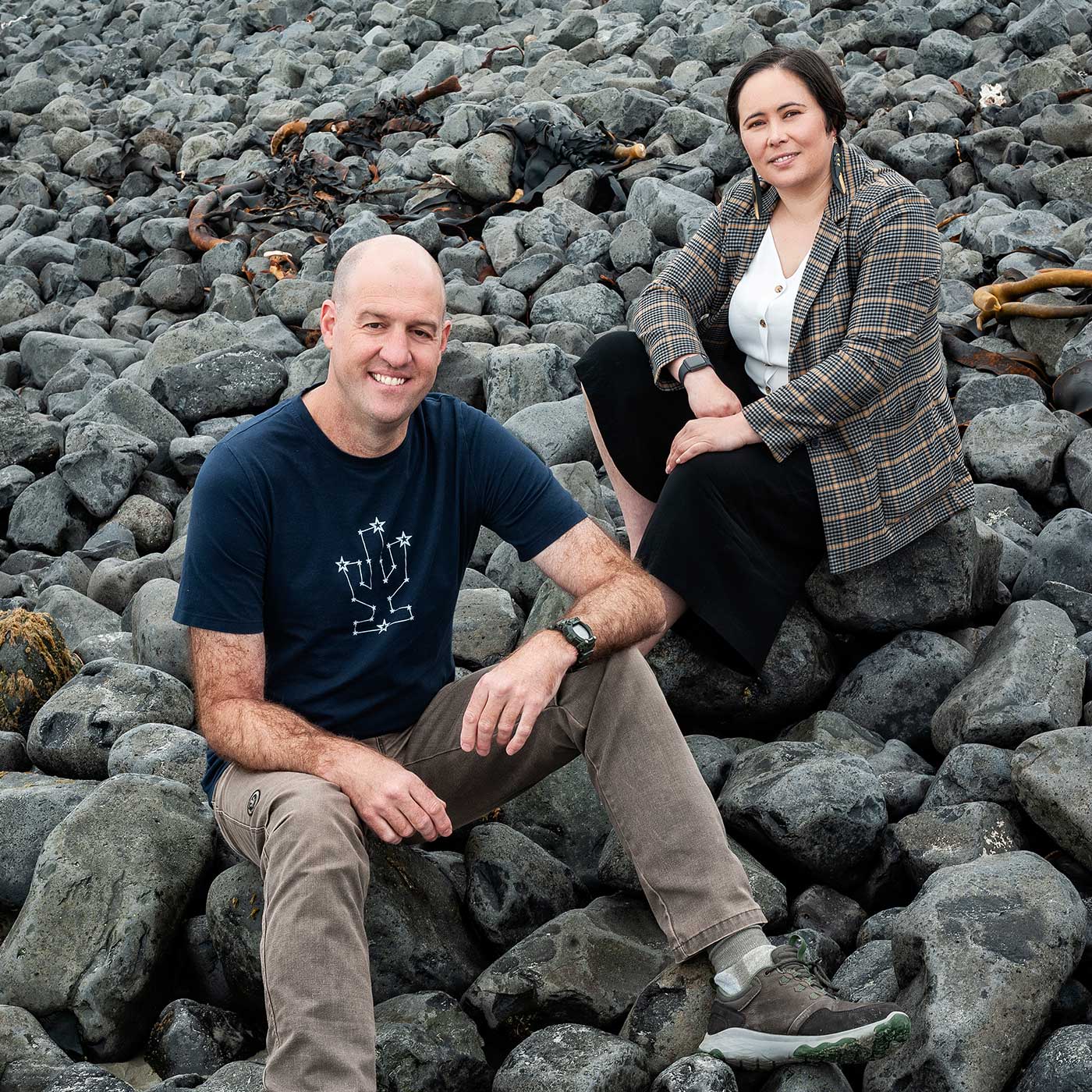Opinion
Trade agreements for post-COVID growth

Dr Murat Üngör: “This is no time to be protectionist.”
New Zealand should expand its trade agreements in the wake of COVID-19, according to international trade expert Dr Murat Üngör (Economics).
“This is no time to be protectionist. It is very important that we have bilateral and multilateral relations with other countries.”
Üngör cites as an example of the latter the recent signing of the Regional Comprehensive Economic Partnership under which New Zealand and 14 other countries agreed to form one of the world's largest trade blocs.
Free trade agreements have contributed significantly to New Zealand's export growth, Üngör explains. The 2008 free trade agreement with China, for example, resulted in exports to China in the next few years being 200 per cent higher than they would have been had the agreement not been signed.
And, while China will continue to be a major trading partner, Üngör says it is important for New Zealand to diversify its exports into high-value products such as industrial robots and electronic gaming, improve its current trade agreements with other countries, and develop new bilateral and multilateral agreements.
One option would be a bilateral free trade agreement with Bangladesh, which he describes as one of the newest emerging Asian economic tigers, along with Vietnam, which is a member of the Regional Comprehensive Economic Partnership.
He adds that New Zealand's response to the pandemic – family members in Turkey and the United States can't believe that he has never worn a face mask – is increasing its popularity with multinational investors.

